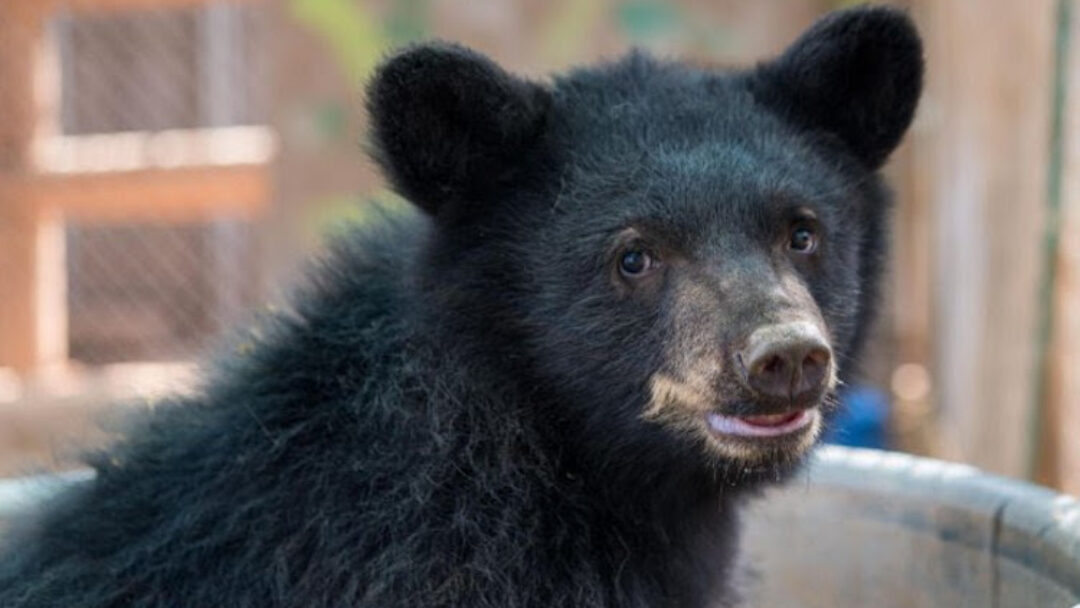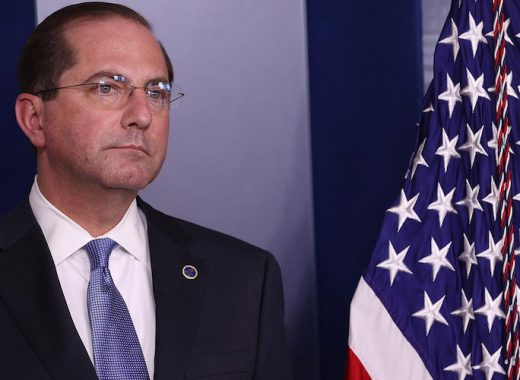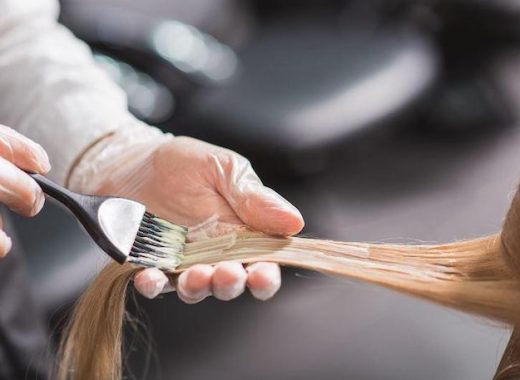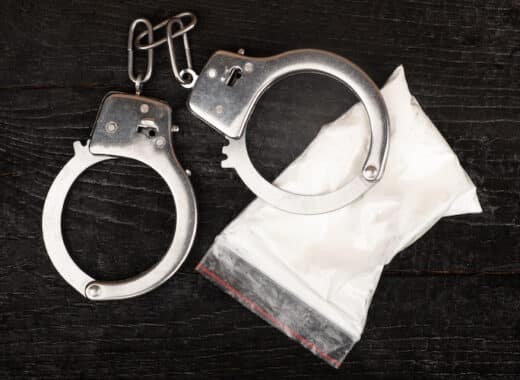In August 2021, three orphaned baby bears -two siblings and one single- were each found near their deceased mothers and brought to Southwest Wildlife Conservation Center under tragic circumstances. Black bears typically stay with their mothers for 1.5 to 2 years to learn all the foraging and survival skills they need to grow big and strong. The babies were much too young to have already left their mothers, and they were in dire need of care. AZ Game & Fish brought them to Southwest Wildlife for rehabilitation with hope of an eventual release.
A few short months later in October, a fourth baby bear arrived from an AZ Game & Fish rescue. This little one was found wandering alone in the mountains south of Tucson with no mother in sight.
Later in December of 2021, a fifth baby bear came along – known by Southwest Wildlife as their miracle girl. Monks at the Saint Paisius Orthodox Monastery in Safford, AZ saw a brown fuzz ball wandering alone in the snow and called Arizona Game & Fish – who quickly dispatched a rescue. And it’s a good thing they did. She had been alone for quite a while and was fighting for her little life. She arrived at Southwest Wildlife malnourished and dehydrated, with advanced cases of pneumonia and ringworm, which had grown into a big red sore on her little nose.
“Rehabilitating baby bears is no small feat,” said Kim Carr, Animal Care Manager. “It costs about $30 per day to feed just one baby bear – and Southwest had five for most of this year. We couldn’t be happier to see how big and strong these little ones have grown. Everyday I’m in awe of and so grateful for all of the generous donors who make it possible to save these innocent animals and let them live free in the wild where they belong.”
With the world-class care provided thanks to Southwest Wildlife donors and supporters, all of the babies’ bellies stayed full as they grew and matured.
In June of 2022, the three oldest bears headed home to the wild.
Finally, in September, the remaining two of the five baby bears were strong and wild enough to make it backhome. It’s always a little nerve-wracking, the morning of a big release like this one,” said Dr. Leo Egar, Director of Animal Health, Welfare, and Survival. “We just want everything to go smoothly and for the kids to go home safe. This is why we do what we do.”
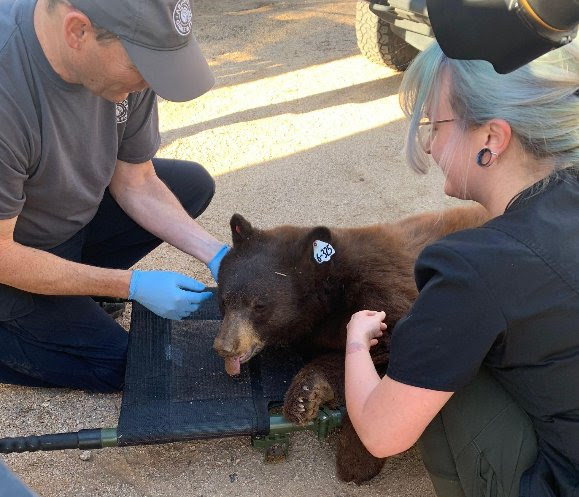
This rehabilitation and release execution is one of many sought out by Southwest Wildlife Conservation Center. They have teamed up on other projects, such as Mexican wolf recovery and wolf pup fostering efforts. The center is a highly valued resource when it comes to the preservation of Southwest Wildlife care.


